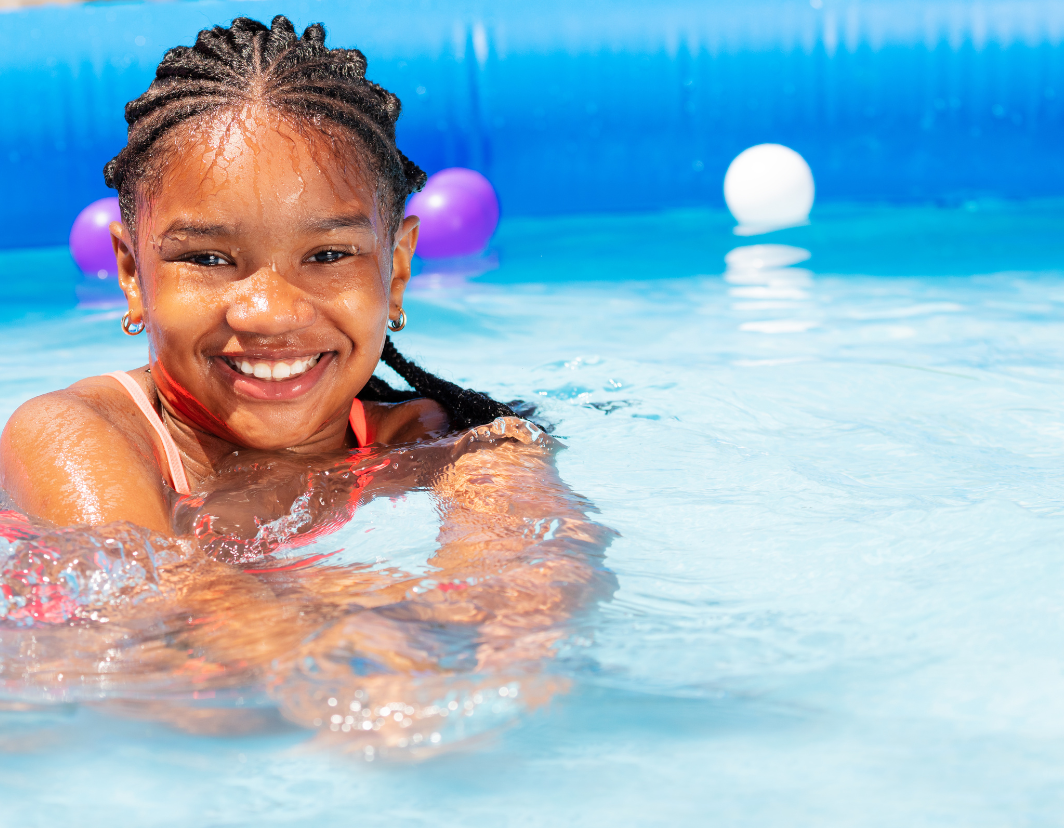Water Safety Tips
According to the Center for Disease Control (CDC), drowning is the leading cause of unintentional death for children ages 1-4…leading cause! A number of these deaths occur because of children’s curiosity and fascination with water.
- Children need to be constantly supervised when there is any body of water around, even if the child knows how to swim. Insure that someone is always within arm’s reach of a child, especially those children under the age of 5.
- Never leave toys in water, as children may go in after them. Chlorine floaters shaped like cute animals/toys should also be avoided if you have small children.
- Empty wading pools, bathtubs, buckets, or anything that may hold water, and turn them upside down.
- If you have a community pool that you all enjoy, ensure that there is a lifeguard present, but lifeguards are not babysitters!
- Look into all pools and insure that they are not cloudy.
- Advocate for fences and locked gates at hotel pools and apartment complexes, retention ponds or any body of water. Adult residents and adult guests should be the only ones with keys. Ensure that your child cannot have access.
- Pool safety covers and alarms provide added protection.
- Teach even older children about the dangers of going into rivers or lakes without proper supervision or life jackets. Remind them about diving or jumping into bodies of water, especially if they cannot see the bottom.
- Unsafe horseplay is not something that should be done in the water.
- Keep ladders, patio furniture and toys away from above-ground pools. Toddlers are better climbers than you might think.
- In many Indiana bodies of water, it’s actually the law for children under 13 years old to wear a US Coast Guard Approved Life Jacket, but they should not be used to replace adult supervision.
- Enroll your child and yourself in a swimming course.
- Learn CPR and keep rescue equipment, a telephone and emergency numbers near all pools.
- Home hot water heaters should be set at 120° Fahrenheit. Parents and caregivers may also add anti-scald devices to make sure home hot water is safe for children.
- Keep the lids of toilet seats down
If you are leaving your child in the care of someone else…family member, babysitter, daycare, etc. inspect their property and ask them about any potential for your child to be around water. Reinforce with them about water safety and supervision, especially if it is a situation where the caregiver may not be used to having children present on a regular basis.
Again, we all love water, and it can bring a great deal of fun, but it can also bring tragedy. With some simple planning and little cost, we can help to ensure the safety of all.
Some information gleaned from the Center for Disease Control, American Red Cross, and Safekids.org
To order or print our Brochure on this topic (or any of our brochure topics), please click HERE.

